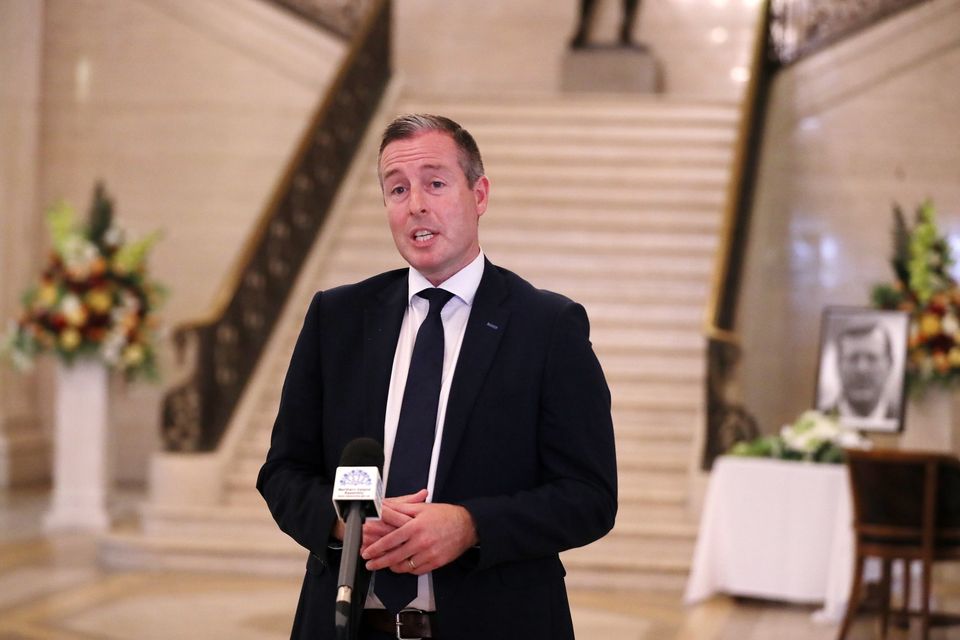A teaching union leader has called on politicians to sacrifice “pet projects” and prioritise giving schools the funding and flexibility needed to meet children’s needs.
Speaking ahead of his appearance on Wednesday at the inquiry into the funding of public services being held by the Northern Ireland Affairs Committee, Dr Graham Gault, national secretary of NAHT NI, said there had been “a collective failure of politicians” to address the financial crisis facing the education sector.
“The year-on-year, cumulative impact of inadequate funding for children in Northern Ireland’s schools has had a devastating impact on the financial situation of our schools,” said Dr Gault.
He first made headlines in 2018 when, as principal of Maghaberry PS, he revealed how parents had been bringing essentials like pencils and toilet paper to school due to a lack of funding.
“Teachers and parents are subsidising basic learning and teaching roles of schools to startling levels and essential services, such as mental health support, are predominantly being funded by voluntary contributions rather than core funding, leaving stark inequities across the board,” he said.
Education Minister Paul Givan
“The funds available to employing authorities have, likewise, declined to crisis levels, leaving employers unable to provide sufficient support and advice to schools to maintain basic services effectively.
“These factors, combined with industrial unrest associated with continued pay inequity for the wider education workforce and a failure to make enough progress in reducing school leaders’ unsustainable levels of workload, have left our members in a very invidious position.”
Dr Gault directed his attention to the collective failure of politicians: “Every major political party in Northern Ireland has emphasised education in election manifestos, pledging to increase school funding to address rising costs and demand, prioritise the needs of vulnerable children, particularly those requiring support with special educational needs, invest in school infrastructure and modernise outdated facilities.
“However, these promises have not materialised into sustainable funding increases for schools. Political instability, including prolonged periods without a functioning Executive, has further delayed critical decisions on education funding and reforms.
“Instead, politicians should direct funding to schools, trust our school leaders and their workforce, and facilitate and support their flexibility to use these resources to meet children’s needs, removing the shackles around procurement and bureaucracy that stifle their creativity and professionalism.”
